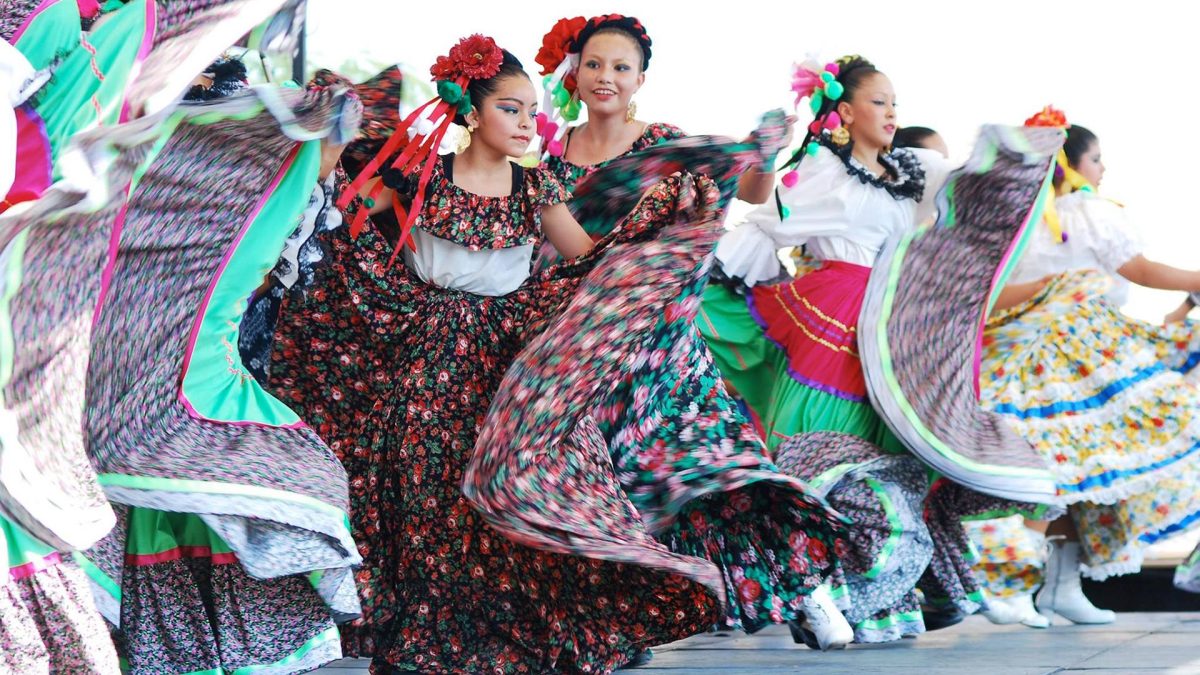Hispanic Heritage Month began to recognize and celebrate the contributions and culture of Hispanic and Latino Americans in the U.S. It was first established in 1968 as Hispanic Heritage Week by President Lyndon B. Johnson. In 1988, President Ronald Reagan expanded the celebration to cover 30 days, from Sep. 15 to Oct. 15.
The start date, Sep. 15, is significant because it marks the independence anniversaries of several Latin American countries, including Costa Rica, El Salvador, Guatemala, Honduras, and Nicaragua, followed by Mexico’s independence on Sept. 16 and Chile’s on Sep. 18.
The month is a time to honor the rich history, culture, and achievements of the Hispanic and Latino communities in the U.S.
Hispanic Heritage Month allows people to explore the impacts that Latino individuals have had on their communities and the world. Citizens whose ancestors came from Spain, Mexico, the Caribbean, and Central and South America celebrate this month to recognize the achievements that they have made throughout the years spent in the U.S.
This celebration is important because it provides an opportunity to recognize the profound impact that Hispanic and Latino communities have had on the history, culture, and achievements of the U.S. It celebrates the diverse traditions, languages, and customs that enrich the American experience, while also highlighting the struggles and contributions of Hispanic Americans throughout history.
The month fosters greater cultural understanding and appreciation, encouraging people from all backgrounds to learn about and honor the legacy of Hispanic leaders, artists, educators, and pioneers who have shaped the country. By celebrating Hispanic Heritage Month, we acknowledge the importance of diversity and inclusion in building a stronger and more unified society.



